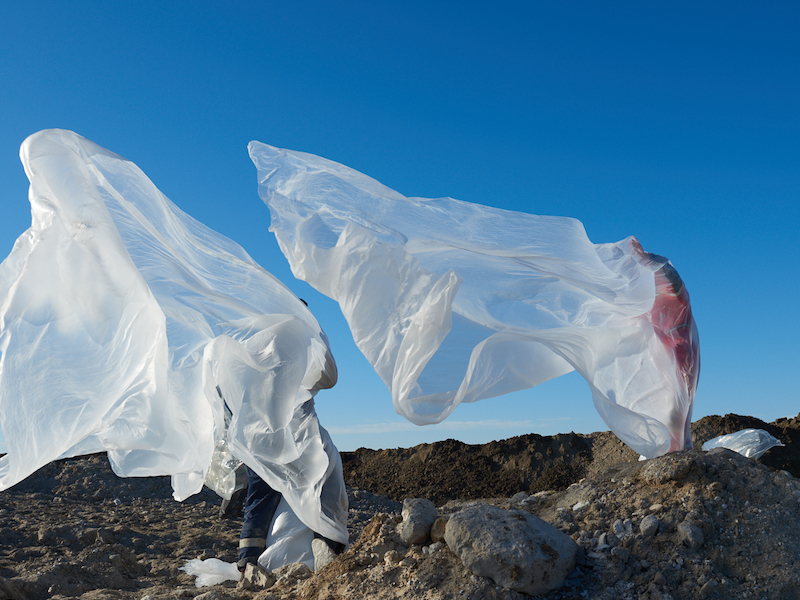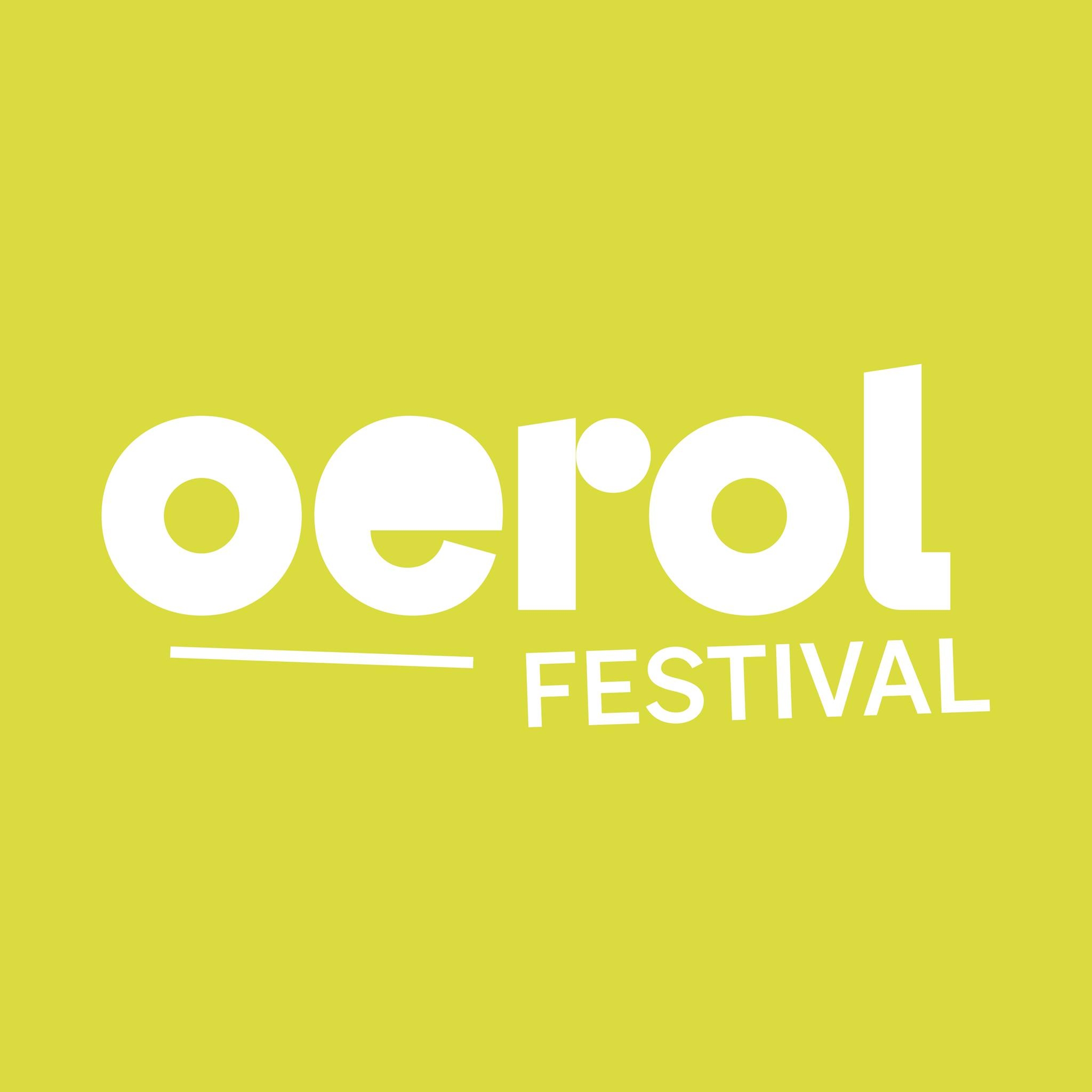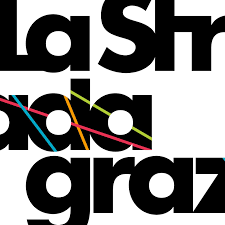 artists
artists
HEAVY KINSHIP - research residencies within the IN SITU network — Part 3
Last part of the series throughout IN SITU by Nana Francisca Schottländer
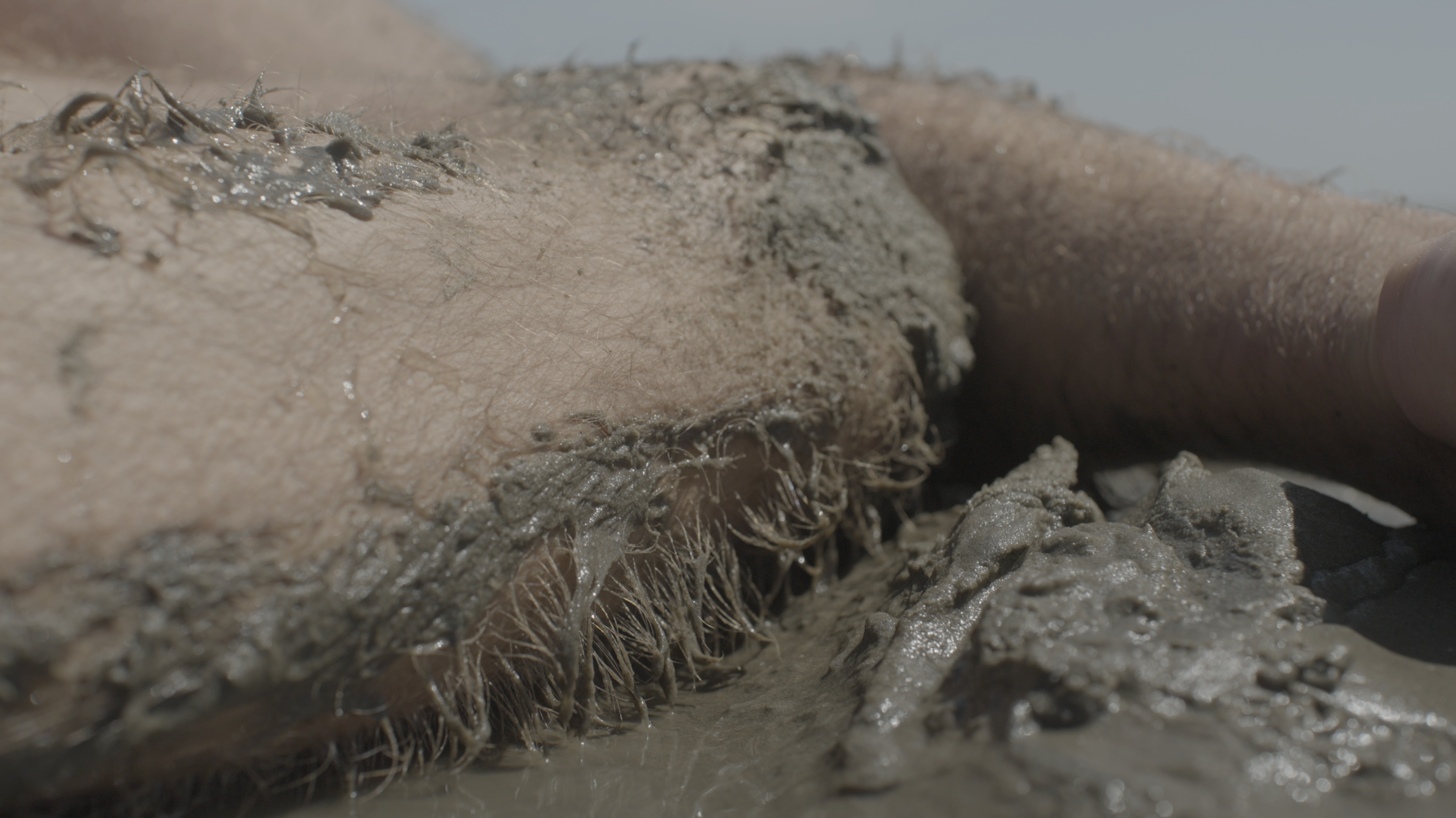
Nana-Francisca Schottländer is a Copenhagen-based inter-disciplinary artist working at the intersection between dance, performance, installation, and conceptual art. Her work revolves around encounters and intra-actions with other-than-human entities and phenomena such as rocks, fungi, water, soil, and entire geographical areas with their inherent lifeforms and dynamics. Central to her work is the use of her own body as a living tool for research and creation.
In the series HEAVY KINSHIP, Schottländer explores the co-creative potentials of encounters between rocks and humans, between stony and fleshy bodies, trying to understand what it takes to engage in respectful, reciprocal, and intimate exchanges with something existing on such radically different terms than ourselves
By invitation from partners of the In Situ network she has done a series of research residencies focusing on landscapes of rock and water marked by human extraction and production, investigating the ongoing, mutually forming dynamics of entanglement that shape landscapes, bodies and civilizations.
In each place she has worked with embodied research, sometimes in collaboration with photographers documenting the process. On many of the residencies she has conducted workshops based on the method of GOING VISITING, in each place modifying the workshop to address the specific dynamics of this particular context and explore them from an embodied, curious and caring perspective.
The following texts are excerpts from field notes from the different residencies, accompanied by images documenting the workshops and research processes.
THE WADDEN SEA TIDAL ZONESResearch residencies and workshop in Terschelling Island By invitation of Oerol Festival June 2022 and 2023 Photos: Mikkel Ulriksen | ||
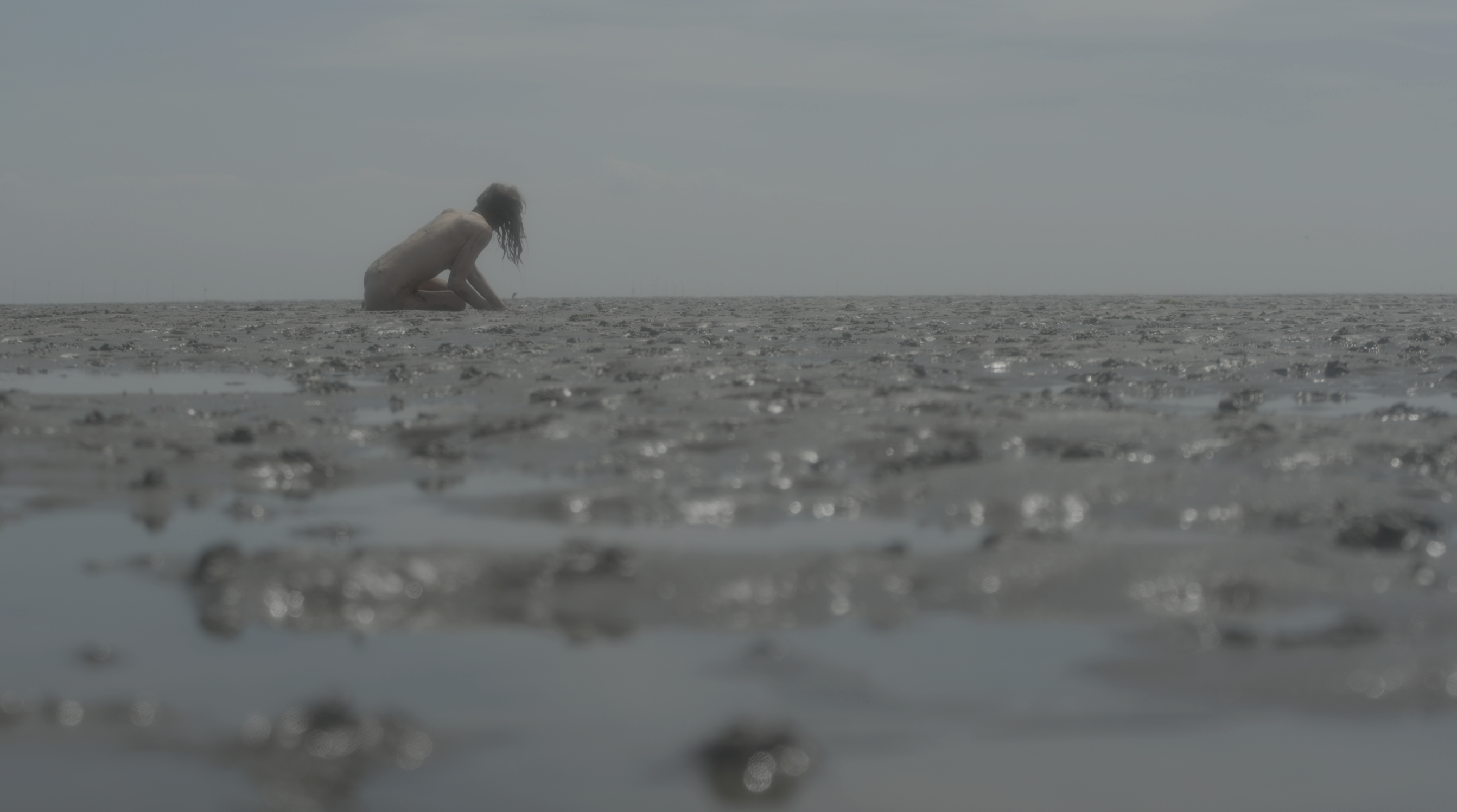 | ||
The jellyfish in the muddy-sandy expanses like purple eyes, waiting for the tide to submerse them again. We were here. The traces are obvious. I must ask permission before entering the mudflats. I am an invasive species here and my mere presence and weight causes destruction of the intricate layers of life and death beneath my feet and my heavy body. | ||
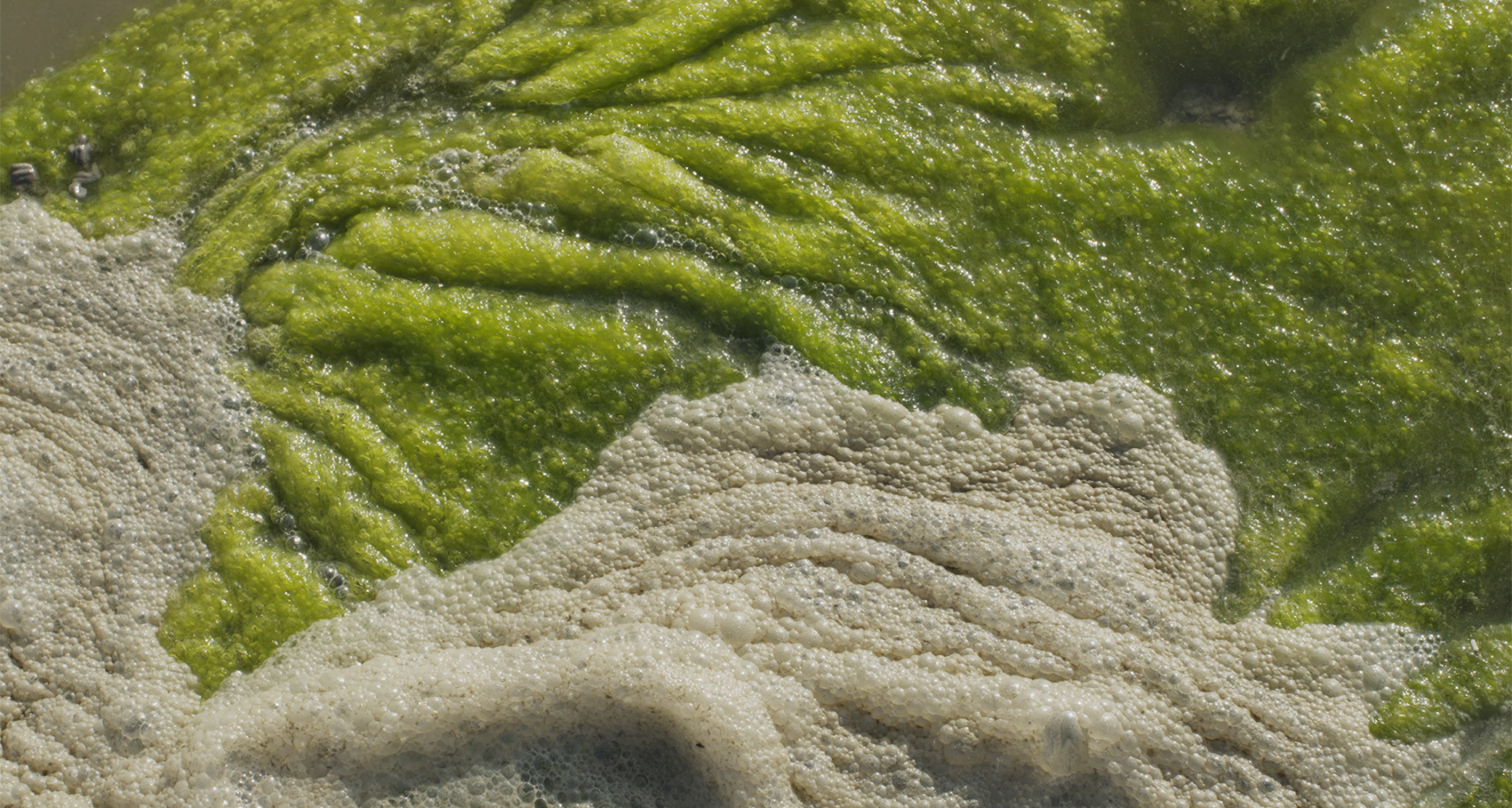 | 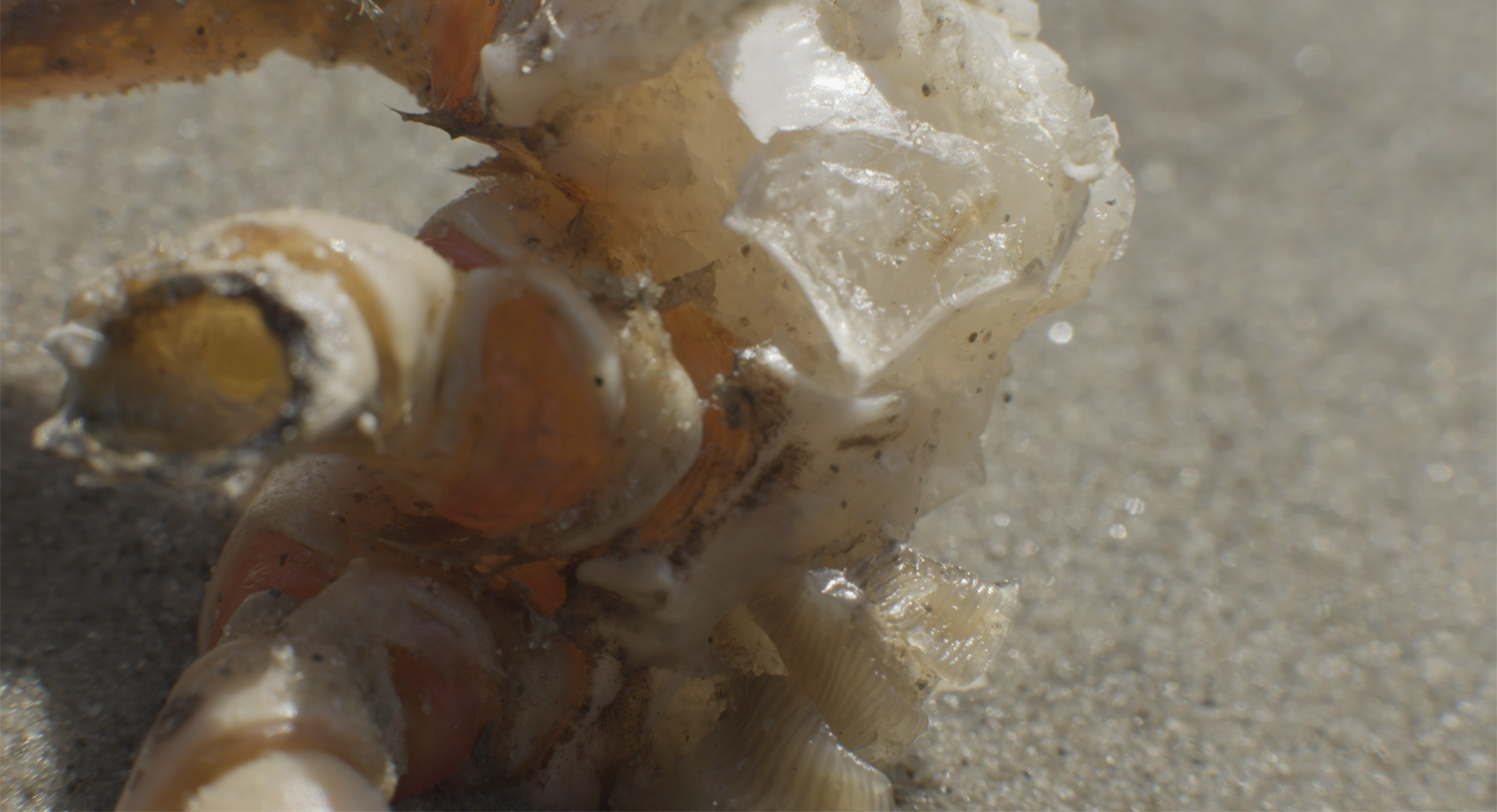 | |
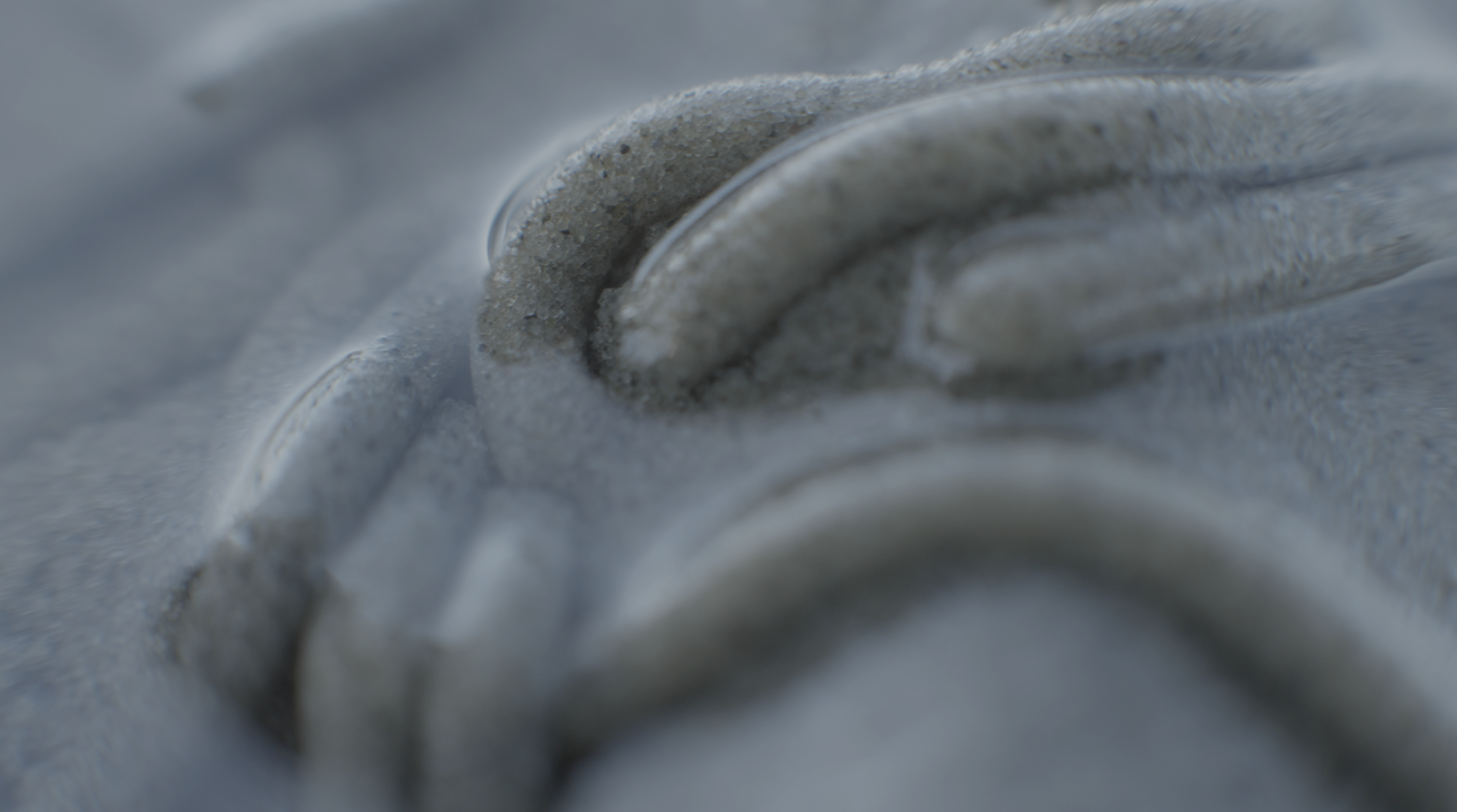 |  | |
I lay myself down again. Quivering, naked, insecure. A bit distracted. Cockle clams gently push their bodies upwards through the mud against mine in the lukewarm puddles of leftover water. Bodies against bodies. Reminding me to be present here. | ||
 | ||
I seem to fall with the direction of the water as it is pushed sideways in small, sharp waves. The whole world is falling in this direction around the few, fixed points. All is in flux. Just being here as a body shifts perceptions of time. Time as a current, as breath, as pulse. Time becomes endless as we wait for the tidal embrace to reach us. The cold penetrates our flesh and the wind hits us insistently. At first merely a sligt shimmer at the top of my ground-level horizon reveals the approaching tide. And then the wavy, sky-mirroring ribbon extends as another world unfolds, still closer. My tidal lover is coming! And the joy of anticipation overtakes me between the shivering chills. The mirror grows wider and wider. Sky and ground become one. Become an ocean of bursting bubbles, floating alongside and under my body. And then I float in a rocking, blue universe. he mirror turns to waves, moving my body gently. And I finally surrender. To the salty water in my mouth and in my eyes, to the urine and tears, leaking out of me and drifting on with all the other fluids of this place. And I am home. | ||
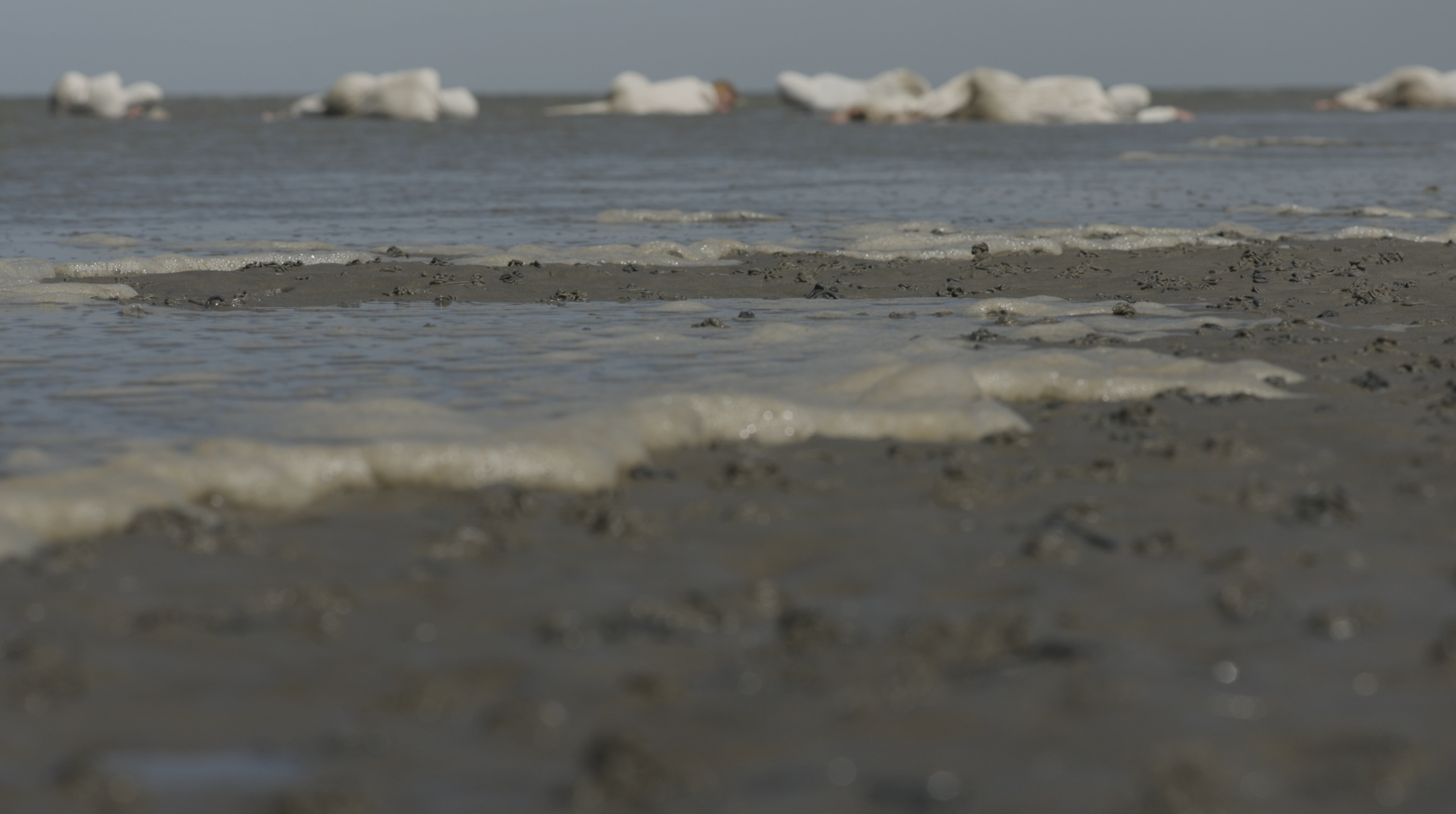 | ||
THE DACHSTEIN MOUNTAIN AND GLACIERAustria Research residency by invitation of La Strada Festival, Graz July 2023 Photos: Susanne Posegga and Nana Francisca Schottländer | |
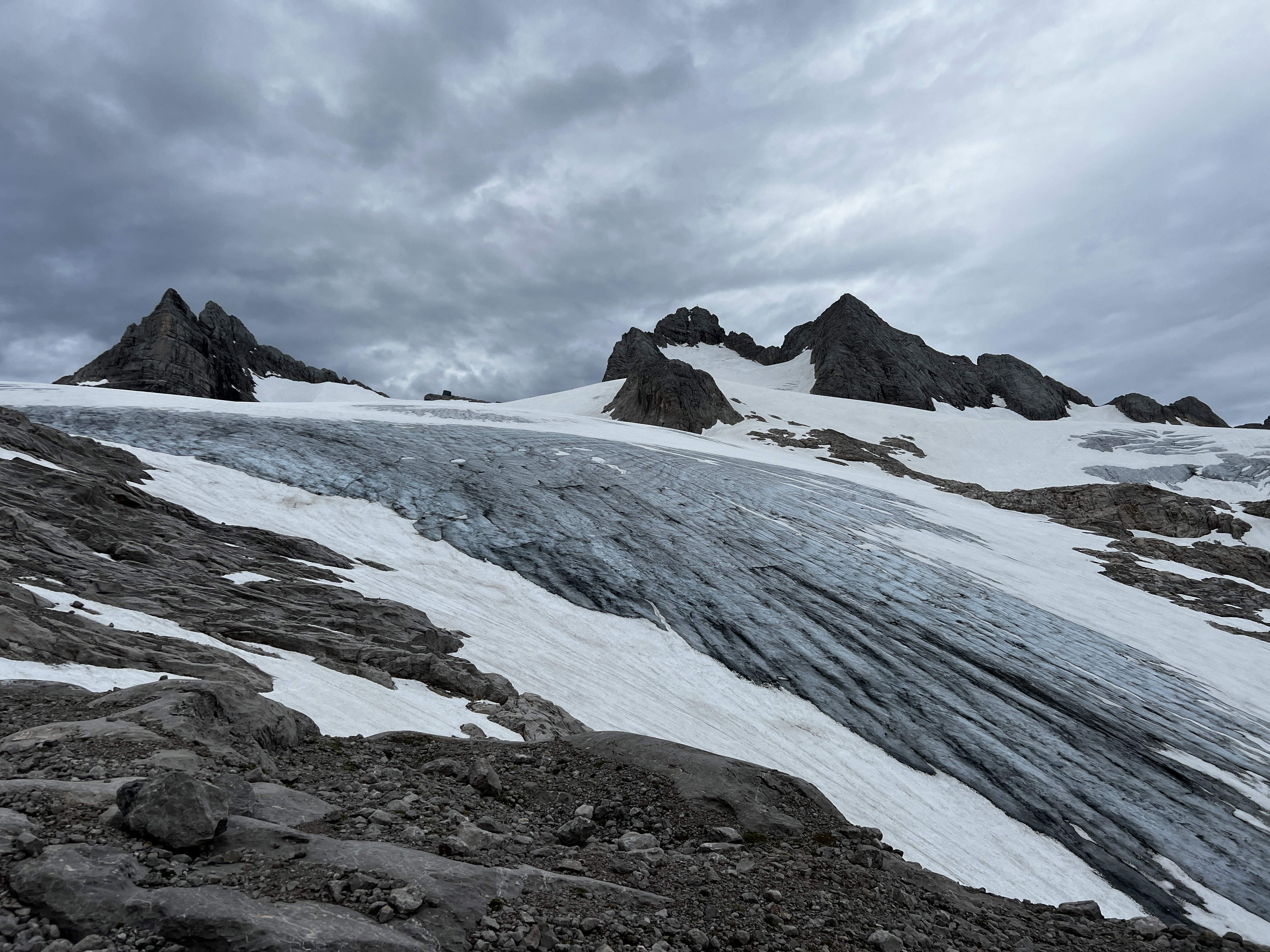 | |
I’m on my way, traveling to you. Slowly, by train so as to not heap more heat on your melting shoulders. Trying to imagine what our first encounter will be like. Trying to imagine you, resting there, in the lap of a mountain that rises and crumbles at the same time. Coming undone after thousands of years of making yourself hard. Seeping, slipping, sliding and disappearing. The transition has begun, is an irreversible fact. And something about this transition from hard to soft, from firm to fluid is resonating deep within me. Although I know it is the end of you, it is also the beginning of something new. I am both filled with sorrow and a sense of loss, but also full of hope, hope that in your fluid transition you can teach me something about becoming soft. Teach me something about embracing change. Teach me something about shifting, moving on. I will grieve your death, sing a lament, let my naked body bond with you, carry you with me in my heart and in the fluids of my flesh. And I will honor your memory by celebrating our future. A future I can barely glimpse through the dystopian haze of my time. A future I will into existence by looking at the past long, slow transitions that we have always been part of. Slipping, seeping, sliding into that future with you… I have never climbed a mountain before. I keep getting seduced by the immense detail of the rocks, trees, plants and waters; How the waters hurl downstream in falls and pools. How dead bodies of ancient sea animals have left imprints in the rocks and how their red mineral colors look almost like their blood is still seeping, through aeons. How roots of fallen trees have torn away topsoil and moss to expose the pure, soft pinkish hues of the rocks, resting there, like ancient bodies, honed — maybe caressed — by ice and water through eternities. Soft organs exposed. Inviting intimacy and encounters between human bodies and mountainous bodies. In danish, one word for amazed is ‘bjergtaget’, literally translating into ‘being taken by the mountain’. | 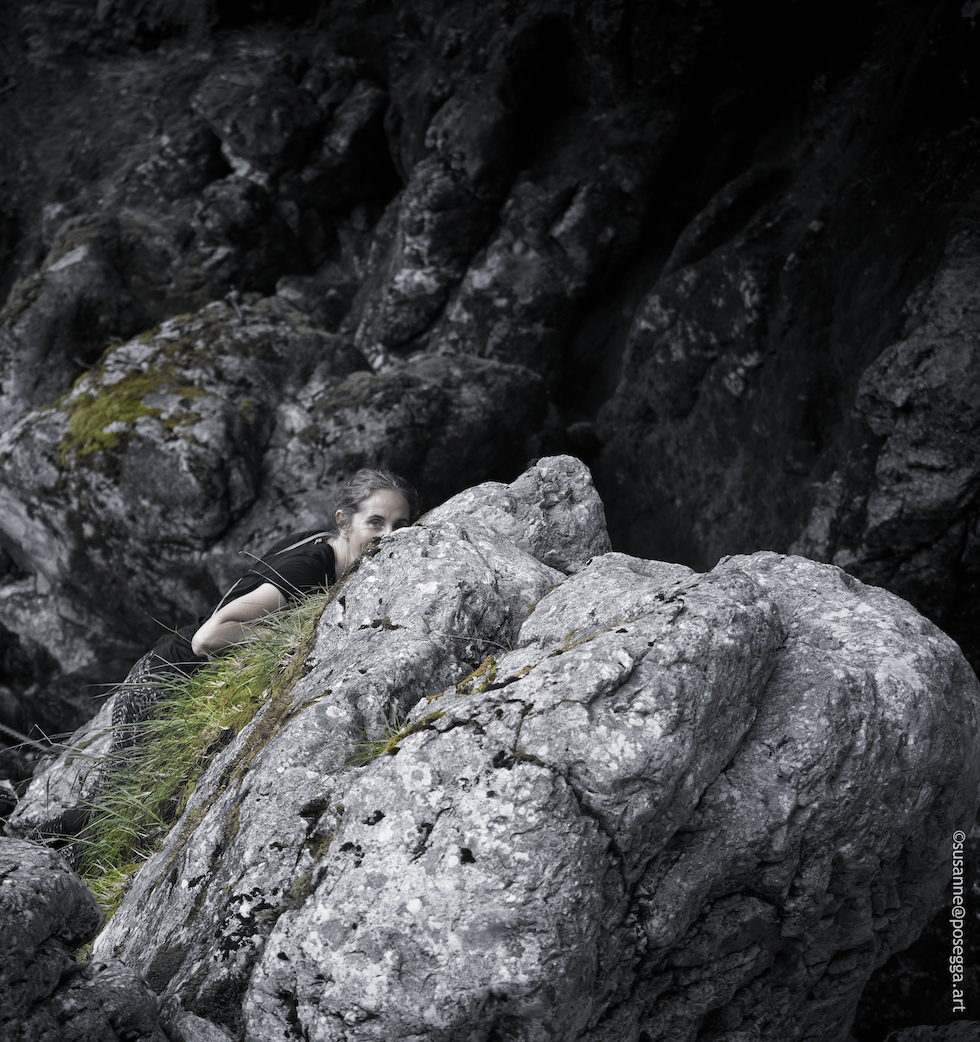 |
As we get higher, the vegetation gets sparser, only low bushes and shrubs. And gradually the lushness is replaced by myriad nuances of grey and pink in the rocks and the blue, green, grey of lichen growing on them. Unmelted, icy patches of snow rest in the recesses, their surfaces stuck in wavy patterns accentuated by a thin layer of grey fallout from the airplane-filled atmosphere. The rim of each patch of snow follows the rocky terrain perfectly as heat from the sun is absorbed by the rocks and melt the snow into an exact counter-image. This transition between snow/ice and rock fascinates me endlessly, and I feel such a strong urge to place my own soft, warm body there, to take part in the layering and reciprocal shaping processes that unfold here. | |
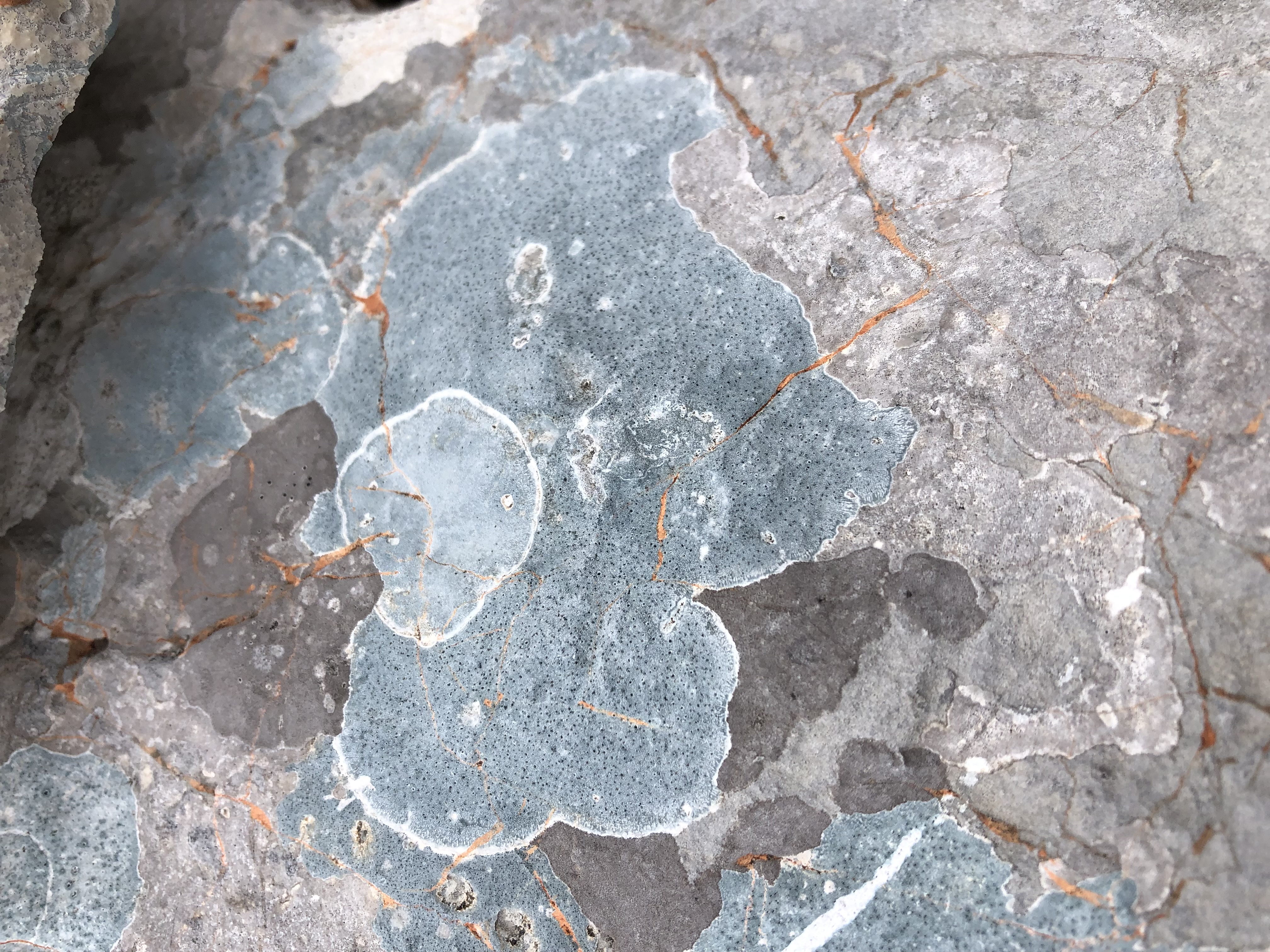 | 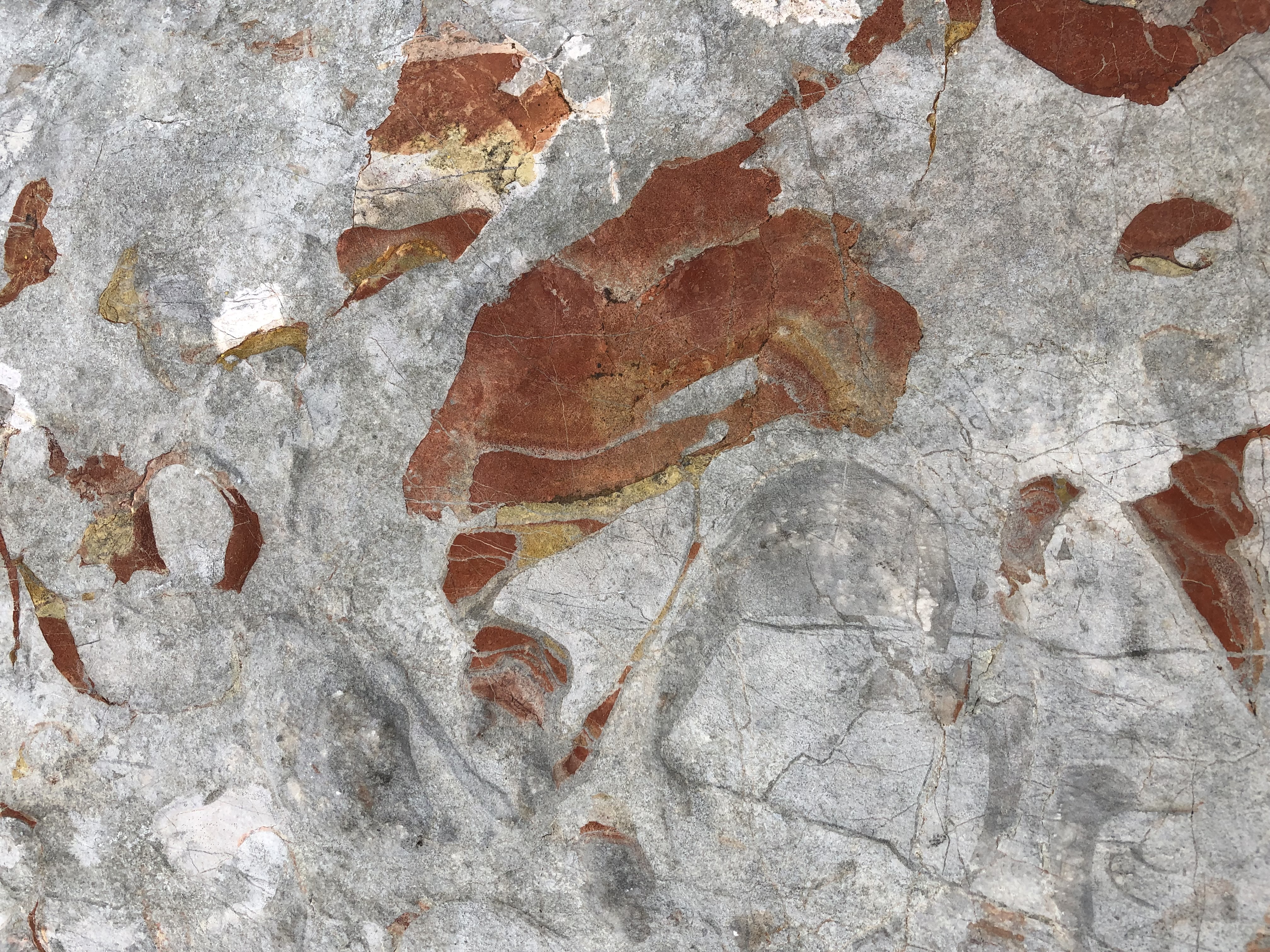 | 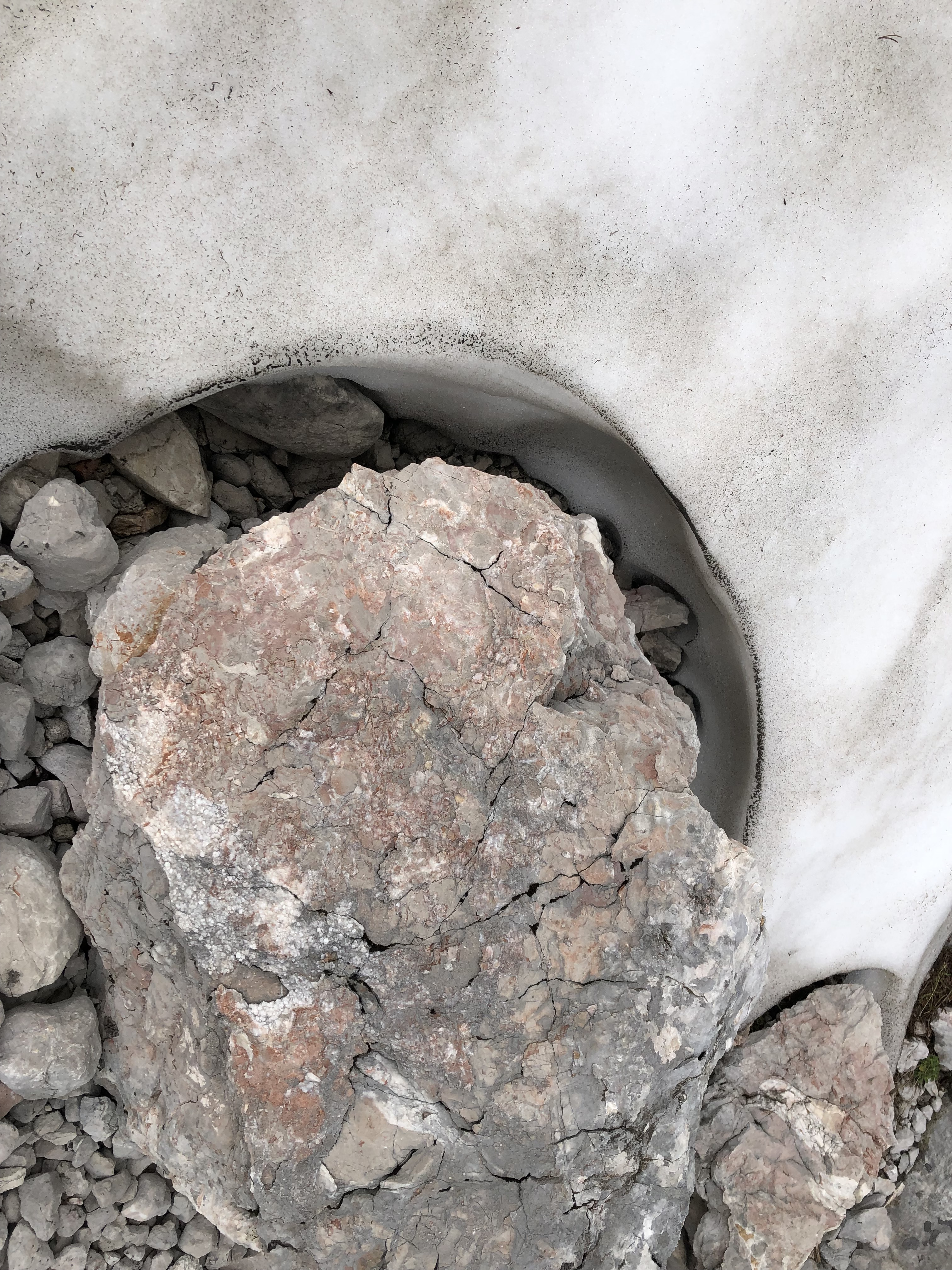 |
We venture into the barren landscape exposed by the melting glacier. Below us, bright turquoise pools of meltwater puncture the expanses. Above us, the glacial body rests in ancient, rounded, cleft curves, its colors mirroring the dark, grey-blue clouds building on the horizon. Nothing grows here yet. Not even the lichen have settled in. Pristine in all its nakedness. It feels like moving through the beginning of the world. Or maybe it’s the end? The rocks tell their ancient tales in grey and pinkish hues, convey their oceanic origins and ice-worn heritage and wait for life to appear, slowly, now that the ice has receded. My feet seem to understand the rocks; they invite me and I almost feel as though I float up their steep surfaces. Exposed, softly honed bodies, accepting my presence here in all my excited smallness. They resonate so deeply. As if this place always existed in me. | ||
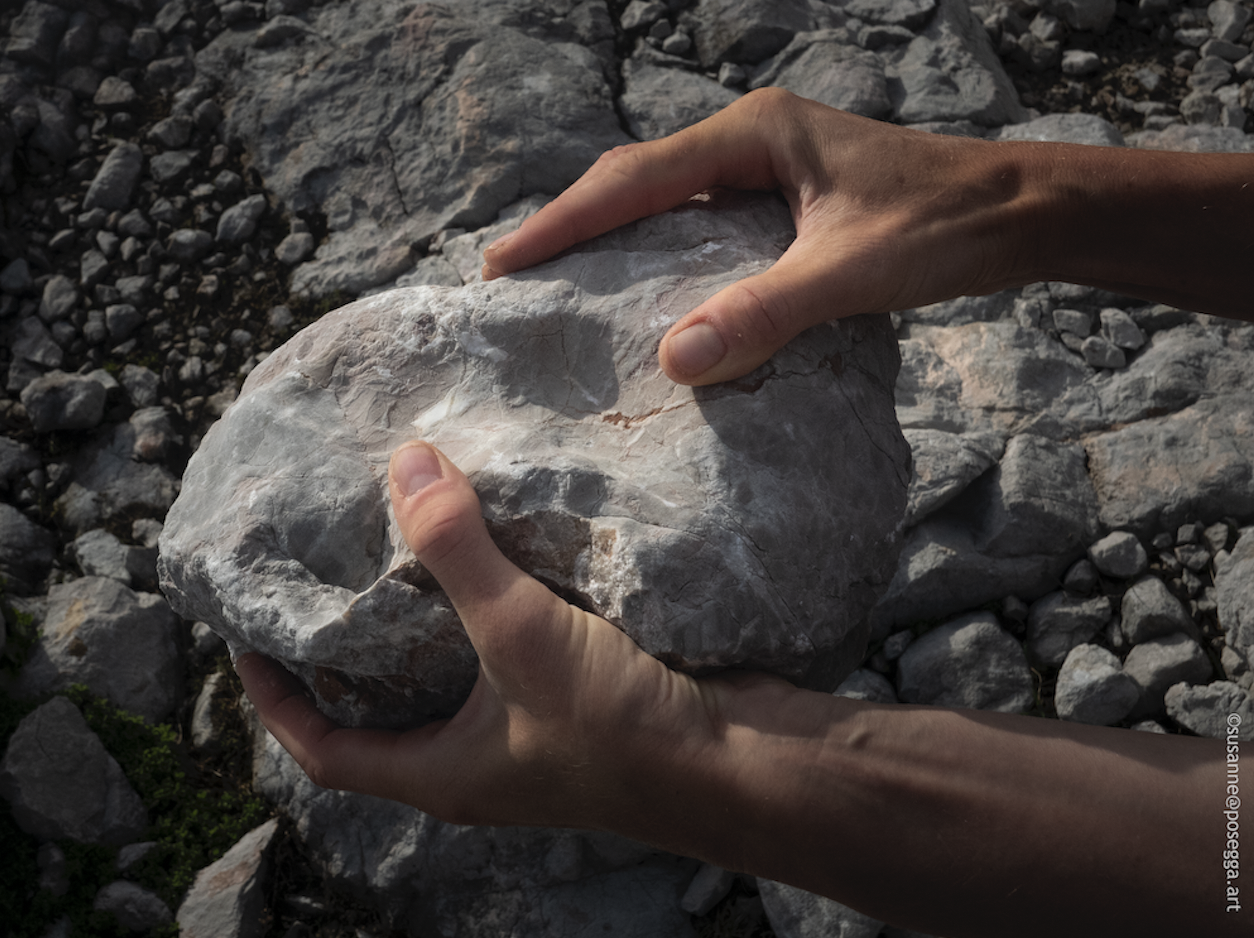 | ||
We reach larger patches of snow. Tie ourselves together with a long rope and venture onto the blue-grey glacier flats, gurgling and rushing both above and below the ice. The first place we try to enter is too dangerous, melting fast. We proceed along the rim of the melting body. And then we enter. | ||
I have to stop, have to feel this giant body of ice below me. As I sit down to touch the icy masses, this strange, bubbly, melting, excited love overwhelms me. This is only our first encounter. And it is so brief. But it moves me deeply. And I want to move with it. Dance in honor of the mountainous embrace and the trembling, blue body melting in it. I ask the glacier if it’s sad about melting, and to my surprise, the gushing, melting waters only respond in pure excitement about their imminent journey into the world. They don’t grieve the speeding transformation/destruction. But I do. Should I…? As we approach the top of the glacier and the roof of the mountain, the landscape shifts: the slopes have been prepared for people to go skiing and walking, and we glimpse a towering steel construction. On top of the mountain, a giant metal construction marks the end point of the cable car, which daily brings approximately 3000 people from all over the world up in around 7 minutes so they can walk on the glacier and drink a cup of coffee in the cafeteria overlooking the icy slopes, the pointy roof-rock (Dachstein), and the valley deep below before going back down and traveling on to other exciting destinations. In several places, the icy surfaces have been covered with large white tarpaulins to prevent the sun’s heat from melting the ashy grey surfaces of the glacier, polluted by fallout from air traffic and other carbon-based industries. It’s not to protect the glacier, but to maintain the sub-glacial ice-palace that has been constructed to entertain the tourists who line up to enter… | 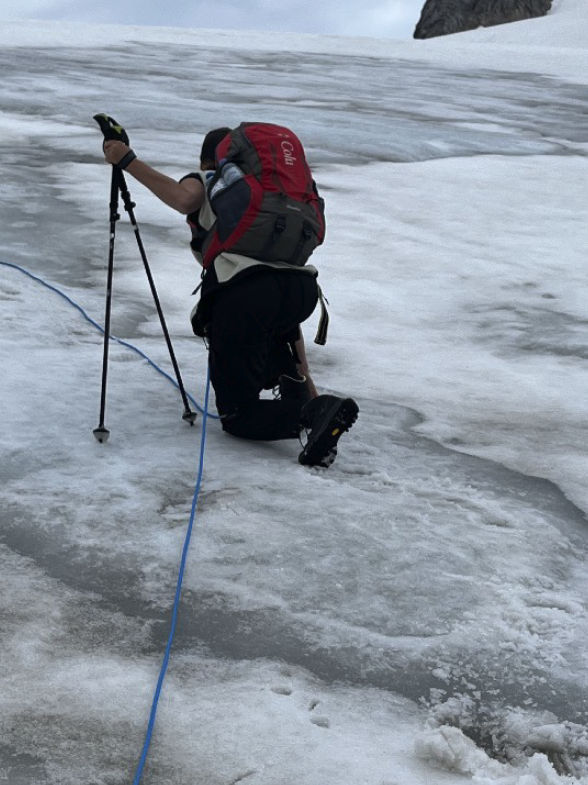 |
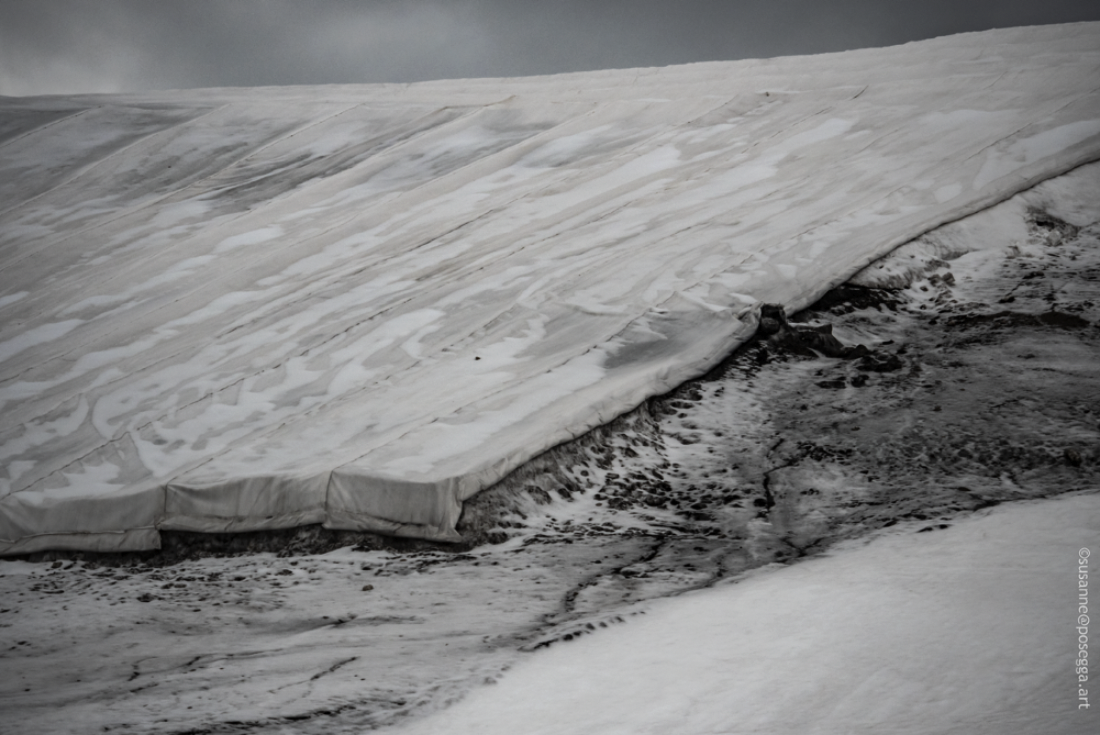 | The extractive nature of the tourism industry becomes so obvious. And so paradoxical: because of the vast numbers of people from all over the world flying here every day to visit the glacier, the glacier is melting. The unfathomable stupidity of our modern consumption… And then we descend the 7 minutes by cable car and I find myself in a generic tourist hotel at the bottom of the mountain with a view of it from the foot end of my bed. Utterly disoriented by the quick descent and longing to go back to the icy and rocky expanses that resonate so strongly in me. Every time I am by myself, I start crying again. But it’s not grief. It’s love. Maybe I’m beginning to melt. Like you. |
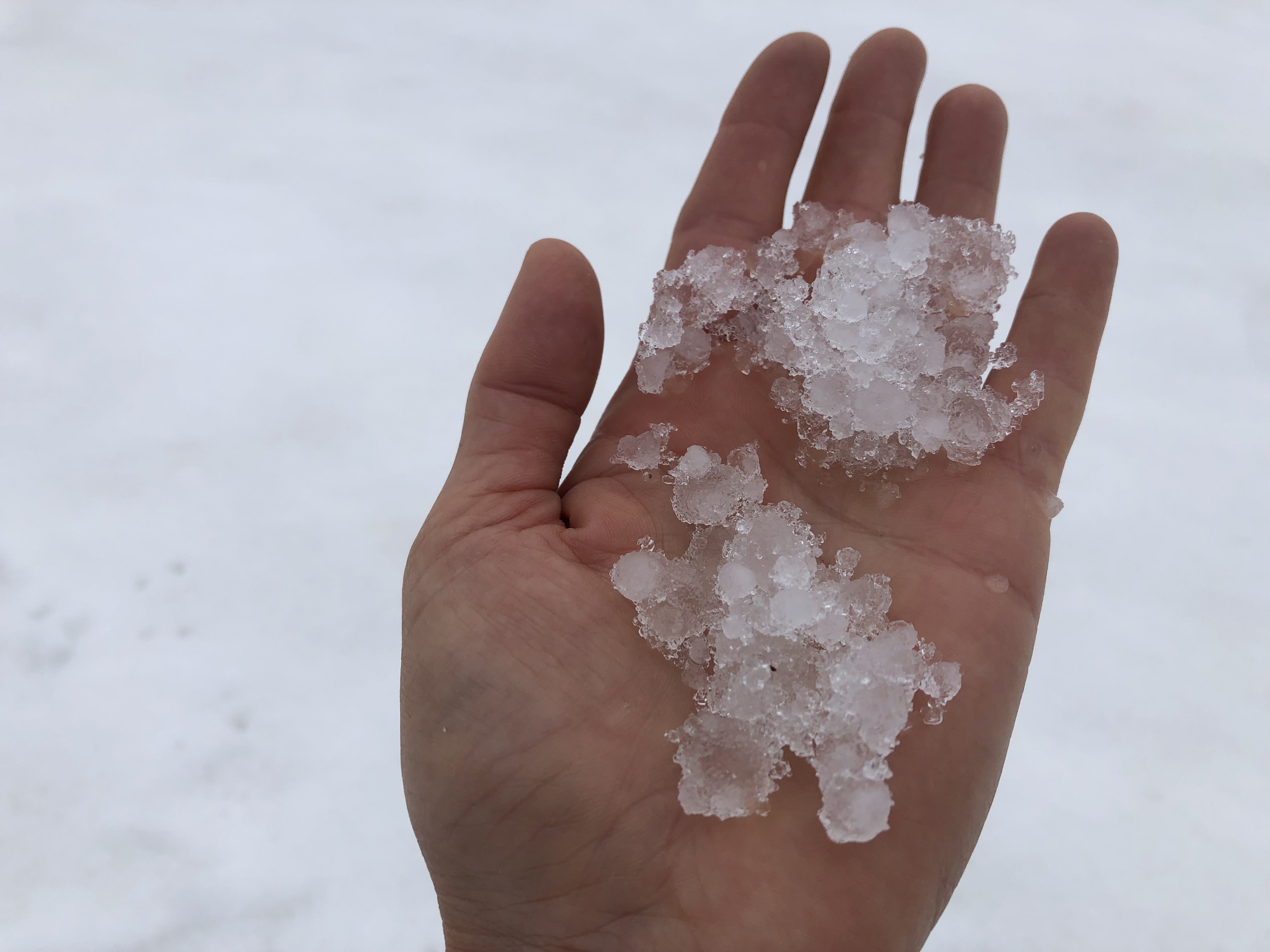 | |
